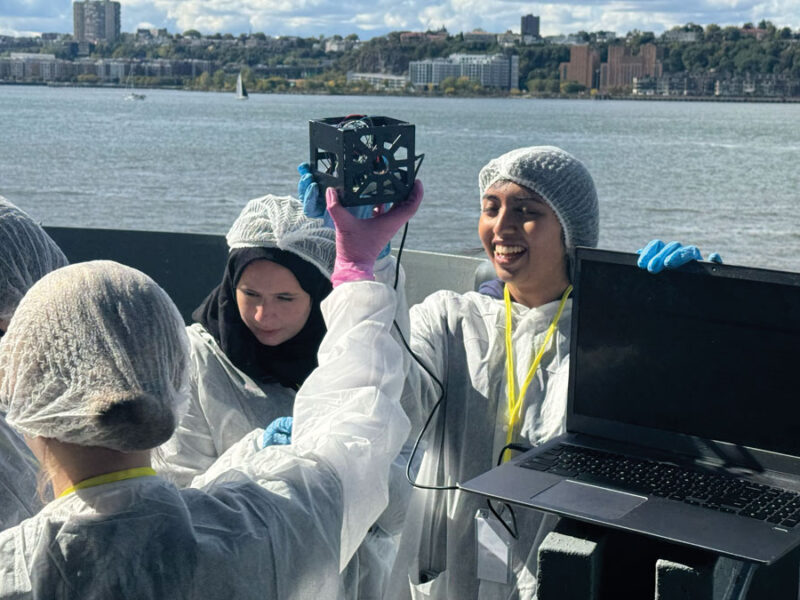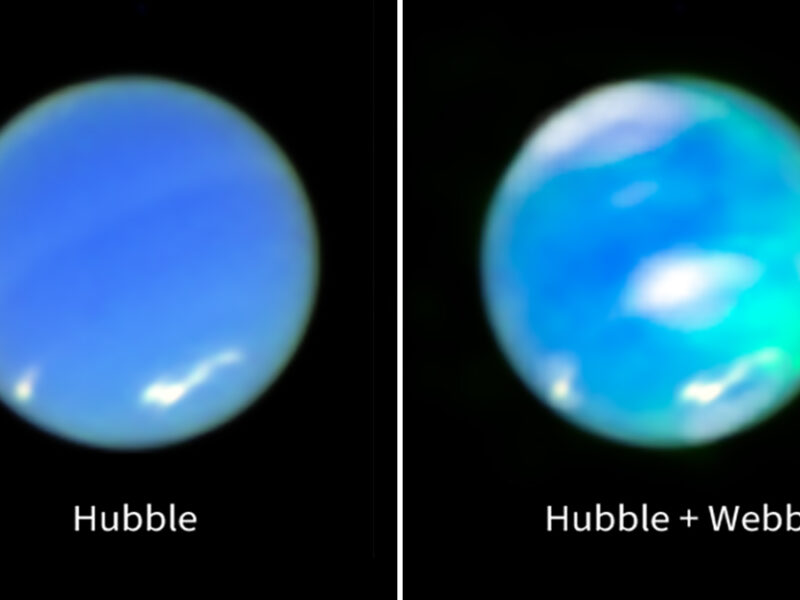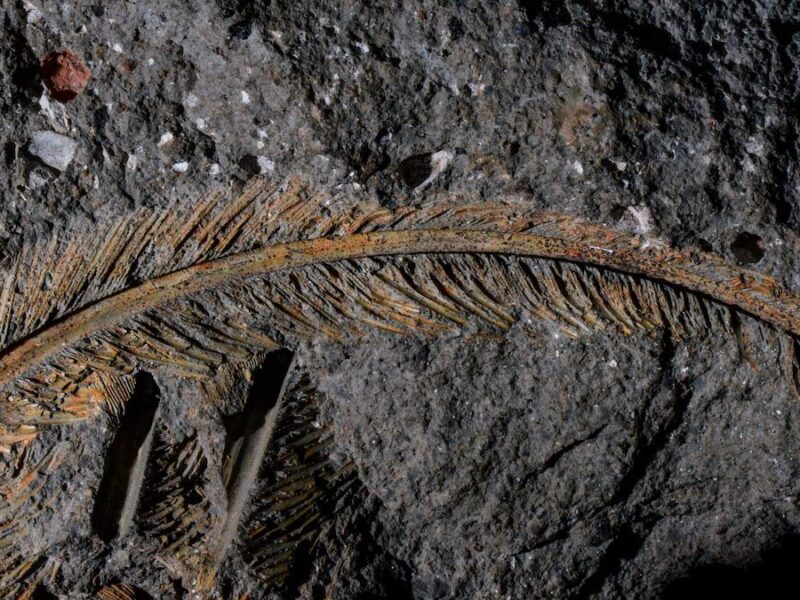ENGAGE ARCHIVE

Soccer Players Risk Heat Stress in World Cup Stadiums
Rapidly traveling between climate zones, all with different average temperatures, humidities, and oxygen levels, will place additional stress on players, staff, and spectators.
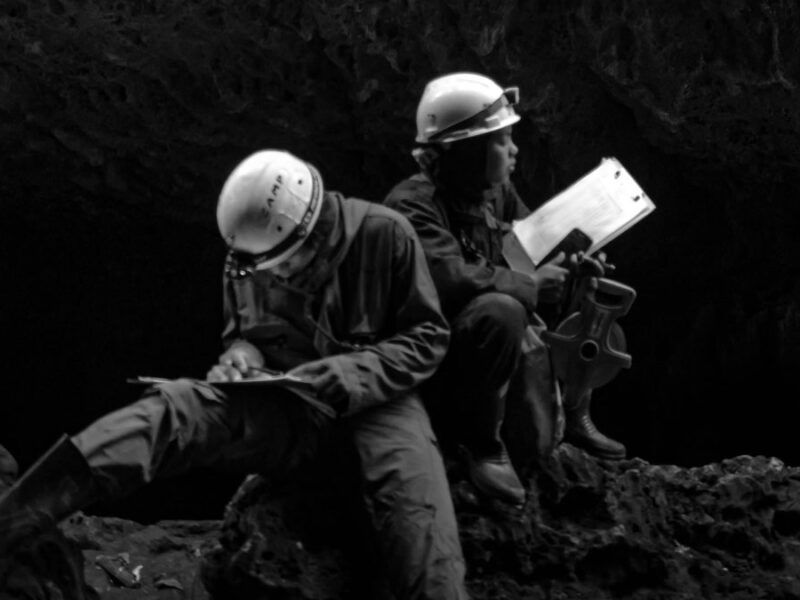
A Major Miner Problem
Economic geology, mining, and mineral resources programs are working to meet the needs of an industry that’s struggling to find employees—at a time when some say they’re needed more than ever.

Water Testing Builds Trust in Science as Maui Communities Recover
Following fires that ravaged the island in 2023, researchers educated residents about how wildfires affect water quality, and gathered data to determine how wildfire impacts change over time.

Seismometers Track Atmospheric Shock Waves from Incoming Space Debris
A Chinese spacecraft that burned up high over Los Angeles created a sonic trail detected by ground-based sensors.
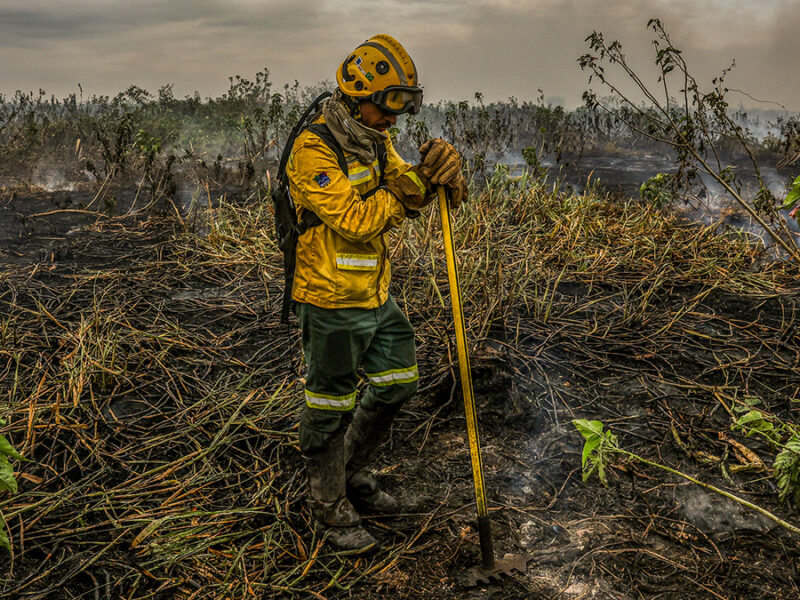
South America Is Drying Up
A new study shows that dry, warm, and flammable conditions have skyrocketed across the continent, favoring the spread of uncontrolled fire.

Weather Extremes Influence Human Migration Between Mexico and the United States
Undocumented immigrants from agricultural areas in Mexico are most vulnerable to drought and seasonal weather patterns.

Mega El Niño May Have Led to Major Mass Extinction 252 Million Years Ago
The extreme climate conditions wrought by a decades-long ENSO pattern could be the culprit in the Great Dying, which wiped out nearly 90% of life on Earth.

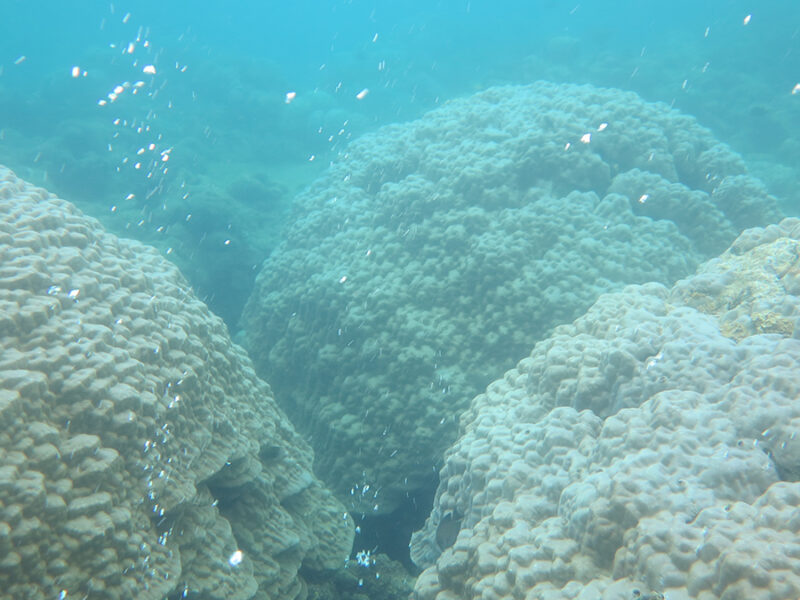
Corals Are Simplistic When Conditions Are Acidic
Increasing ocean acidity could spell trouble for fish that depend on corals’ many branches for protection.
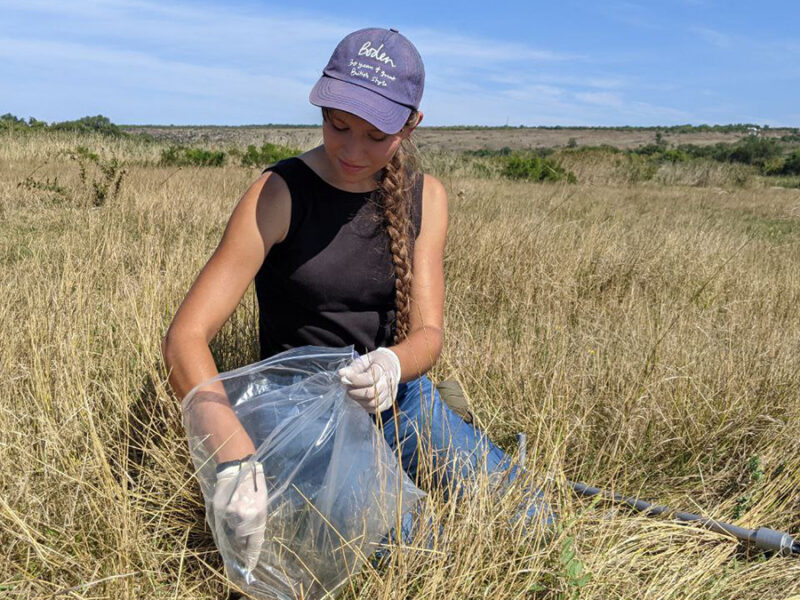
Ukrainian Scientists Race to Document Soil Fungi
Genetic sequencing of samples collected from across the country contribute to a global database and may help researchers assess the damage caused by war.
Something went wrong. Please refresh the page and/or try again.


